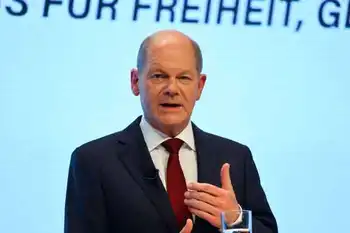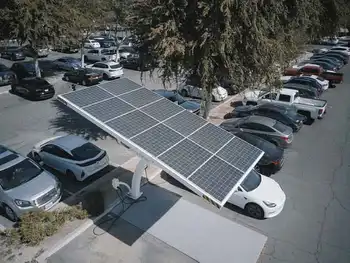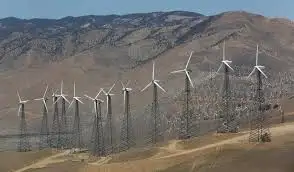Nuclear helps Belgium increase electricity exports in 2019

Protective Relay Training - Basic
Our customized live online or in‑person group training can be delivered to your staff at your location.

- Live Online
- 12 hours Instructor-led
- Group Training Available
Belgium Energy Mix 2019 shows strong nuclear output, rising offshore wind, net electricity exports, and robust interconnections, per Elia, as the nuclear phaseout drives 3.9GW new capacity needs after improved reactor availability.
Key Points
High nuclear share, offshore wind, net exports, interconnections; 3.9GW capacity needed amid nuclear phaseout.
✅ Nuclear supplied 48.8% of generation in 2019.
✅ Net exporter: 1.8 TWh, aided by interconnections.
✅ Elia projects 3.9GW new capacity for phaseout.
Belgium's electricity transmission system operator, Elia, said that the major trends in 2019 were a steady increase in (mainly offshore) renewable power generation, illustrated by EU wind and solar records across the bloc, better availability of nuclear-generating facilities and an increase in electricity exports.
In 2019, 48.8% of the power generated in Belgium came from nuclear plants. This was in line with the total for 2017 (50%) and significantly more than in 2018 (31.2%) when several reactors were unavailable amid stunted hydro and nuclear output in Europe as well.
Belgium exported more electricity in 2019, as neighbors like Germany saw renewables overtake coal and nuclear generation, with net exports of 1.8TWh (2.1% of the energy mix), in contrast to 2018 when Belgium imported 17.5TWh (20%).
Elia said this “should be viewed in its wider context, of declining nuclear capacity in Europe and regional market shifts, against the backdrop of an increasingly Europeanised market, and can be explained primarily by the good availability of Belgium's generating facilities (especially its nuclear power stations).”
The development of interconnections was also a key factor in the circulation of these electricity flows, as seen with Irish grid price spikes highlighting regional stress, Elia noted.
“Belgium had not been a net exporter of electricity for almost 10 years, the last time being in 2009 and 2010, when total net exports represented 2.8% and 0.2% respectively of Belgium’s energy mix,” it said.
Belgian has seven nuclear reactors – three at Tihange near Liege and four at Doel near Antwerp – and, regionally, nuclear-powered France faces outage risks that influence cross-border reliability.
In 2003, Belgium decided to phase out nuclear power and passed a law to that effect, with neighbors like Germany navigating a balancing act during their energy transition, which was reaffirmed in 2015 and 2018.
A commission appointed to assess the impact of the nuclear phaseout is scheduled to be completed in 2025 but has yet to report any findings.
Elia estimates that some 3.9GW of new power generating capacity will be needed to compensate for Belgium's nuclear phaseout.











